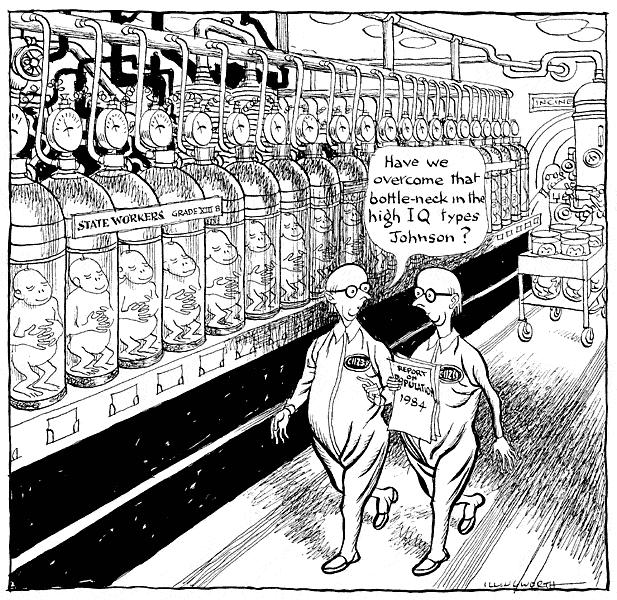 Today, I came across a stunning collection of complex networks visualizations, that reminded of how we must first learn to visualize and than go deeper into VR. Until, I first visited this project, the Atlas of Cyberspace
was perhaps my favorite visualization resource, rather outdated, still
has a lot to show.
Today, I came across a stunning collection of complex networks visualizations, that reminded of how we must first learn to visualize and than go deeper into VR. Until, I first visited this project, the Atlas of Cyberspace
was perhaps my favorite visualization resource, rather outdated, still
has a lot to show.
Visualization is important for today's greatly
developed knowledge networks, data mining, and even information security
or basic network management issues. But at the bottom line, who always
has the best toys, or at least develops them? The academic world? Sort
of, except that they need the private sector to go public, so that
leaves the U.S military in my point of view :) and they sure do.

The Starlight - Information Visualization Technology is simply a remarkable concept that these folks actually turned into a reality. It uses both structured, unstructured, spatial and multimedia data and provides real-time output, and if you also consider that the project is reportedly down several years ago, for me it opens up the question, who's the successor?
 It's national security applications and the syndication of data sources are so clearly visible, that reducing paper-work, platform dependence, information sharing, and perhaps not another Able Danger scenario(if one actually happened!) is the biggest advantage of such a project.
It's national security applications and the syndication of data sources are so clearly visible, that reducing paper-work, platform dependence, information sharing, and perhaps not another Able Danger scenario(if one actually happened!) is the biggest advantage of such a project.Going back to the "reality"(yeah sure!), in case you've never seen ChicagoCrimes, the free database of crimes reported in Chicago, it's yet another great initiative that again visualizes based on reports and Google Maps, and you don't need a security clearance to use it :) What's else to mention, is CNET's introduction of "The Big Picture" in cooperation with Liveplasma.com of course, clearly, the waves of information flow must be somehow filtered and there's a clear, both, commercial, public and intelligence need for it. Even VR investments are actively taking place, a lot's to come for sure!
Some concepts and clips on visualization :
TouchGraph Google Browser
Real-Time and Forensic Network Data Analysis Using Animated and Coordinated Visualization
F-Secure's visualization of the 1st PC virus, and W32.Bagle, and you can actually see the clip itself.
Visualization study the U.S - clip
Technoratai tags :
security,information security,intelligence,OSINT,starlight,visualization,virtual reality



